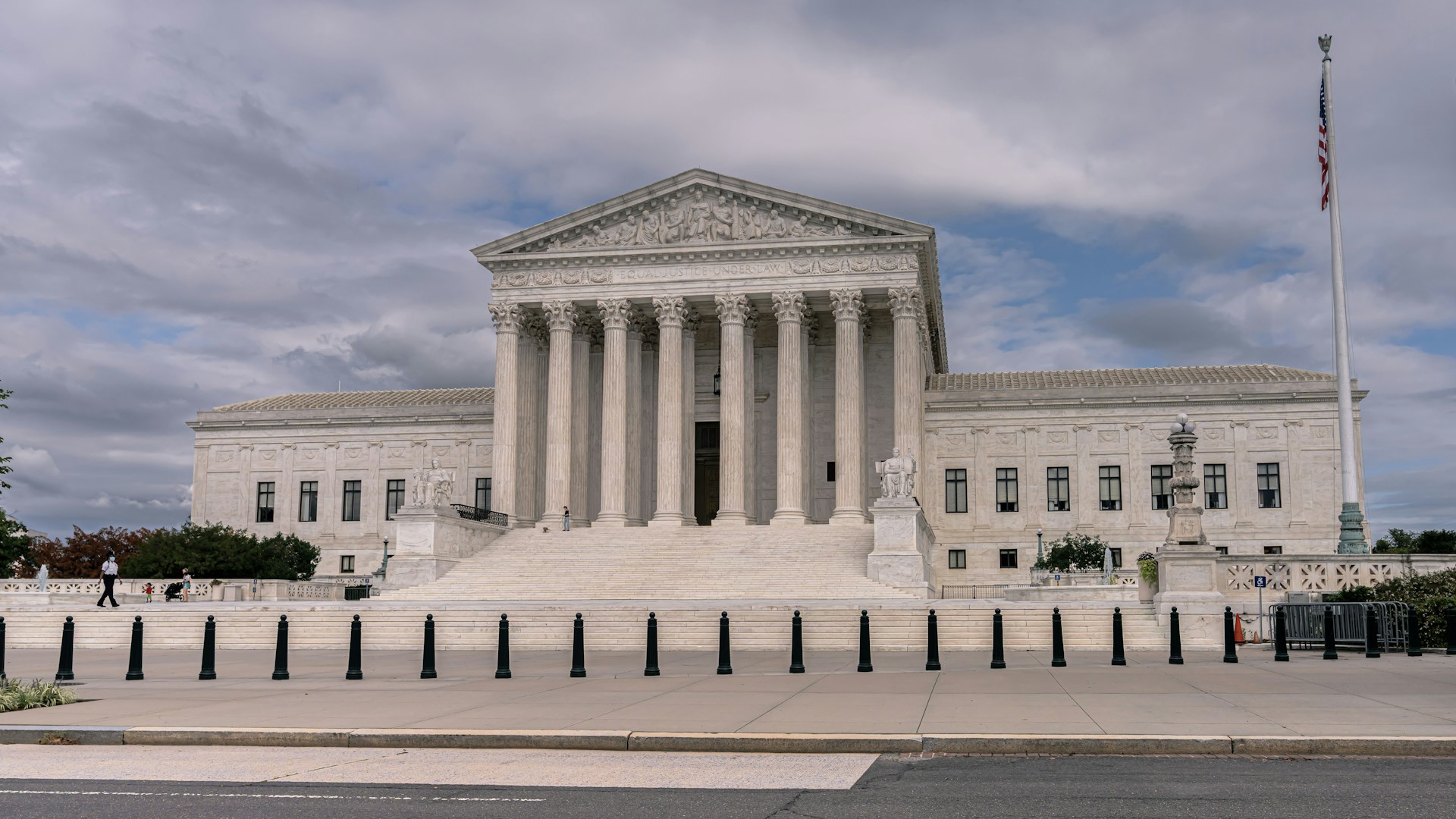Clarity about Callais and the fate of the Voting Rights Act
Justice, Democracy, and Law is a recurring series by Edward B. Foley that focuses on election law and the relationship of law and democracy.
Please note that the views of outside contributors do not reflect the official opinions of SCOTUSblog or its staff.
Confusion abounds over the Supreme Court’s call for reargument in Louisiana v. Callais, the latest chapter in the dispute over Louisiana’s efforts to draw a new congressional map in the wake of the 2020 census. As explained in more detail elsewhere on SCOTUSblog, the justices heard oral arguments in March on whether the drawing of a second majority-Black district was an unconstitutional racial gerrymander. But on the last day before the justices’ summer recess, the court issued an order setting the case for oral arguments in the 2025-26 term.
Continue Reading
